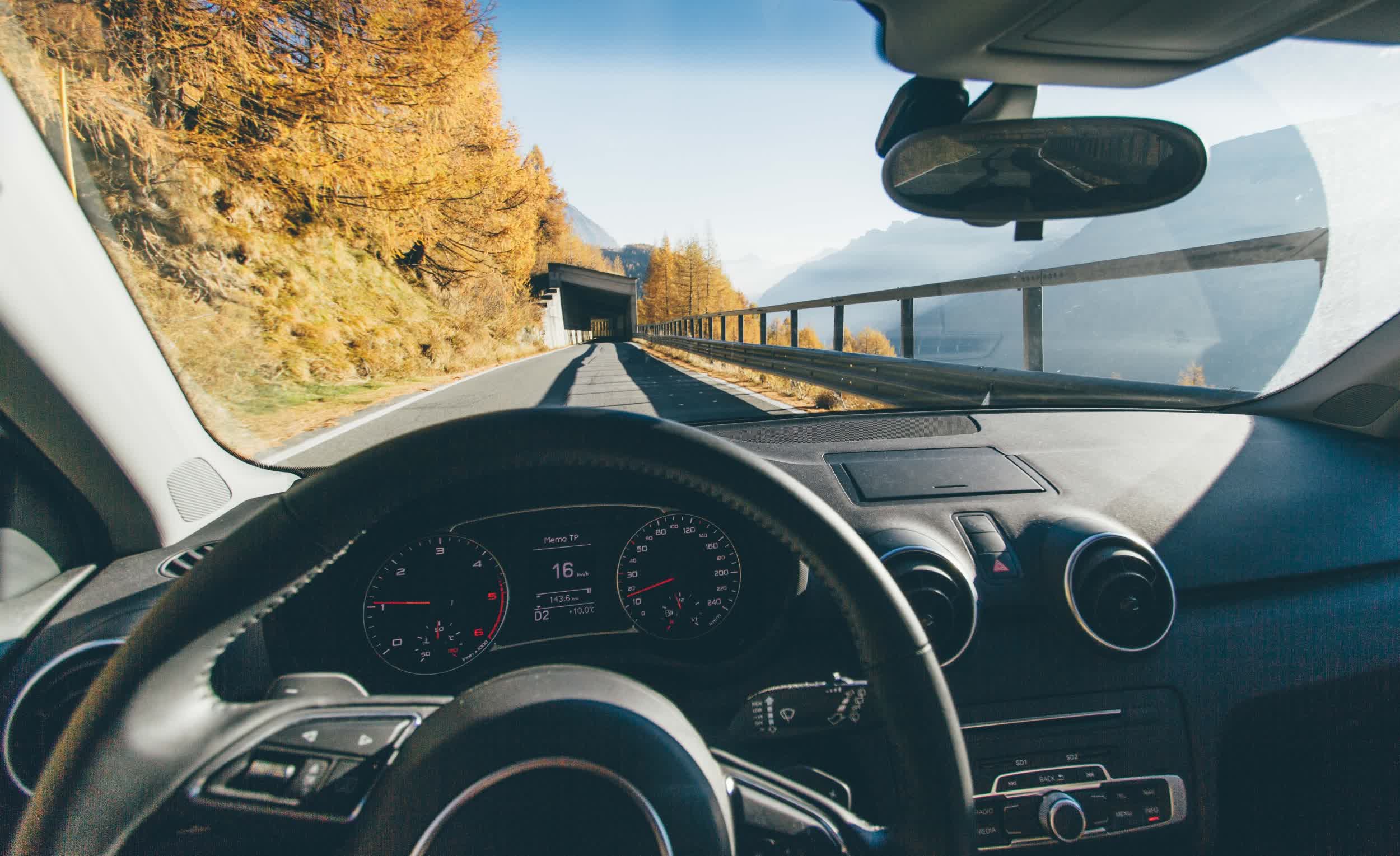In a nutshell: AAA recently conducted tests involving three vehicles equipped with an active driving assistance (Level 2) system: a 2021 Hyundai Santa Fe, a 2021 Subaru Forester and a 2020 Tesla Model 3, and the results aren't very encouraging as it relates to safety.

Each vehicle was able to detect a slow-moving dummy vehicle traveling in the same direction as the test vehicle. In each test (five runs per vehicle), the test vehicle applied the brakes and matched the speed of the stand-in to avoid an impact.
Similarly, all test vehicles were able to detect a simulated cyclist traveling in the same direction and slow their speed to prevent an impact.
When the dummy vehicle was placed in the same lane to simulate a head-on collision resulting from an impaired or distracted driver, the test vehicles impacted it each and every time.

The speed of the test vehicle and simulated oncoming vehicle was 25 mph and 15 mph, respectively – lower than what might occur in the real world. The Hyundai and Subaru made no attempts to apply the brakes and hit the target without reducing speed. The Tesla did apply the brakes in every test, but still managed to impact the dummy vehicle at an average speed of 2.3 mph.
What's more, the Subaru Forester failed to detect a simulated cyclist crossing the street in front of it. The Tesla and Hyundai were both able to brake to avoid impact in this test.
Greg Brannon, director of AAA's automotive engineering, said their testing demonstrates spotty performance is the norm rather than the exception.
AAA's advice to automakers is simple: listen to consumers and improve currently available systems before trying to focus on the future. "You can't sell consumers on the future if they don't trust the present," Brannon added.
Tesla did not reply to a request for comment from Reuters. A rep for Hyundai said they are "reviewing the findings in AAA's report as part of our ongoing commitment to customer safety." Subaru told the publication they are looking into the test to better understand AAA's methodology but didn't have a detailed response at this time.
Image credit: Riccardo
https://www.techspot.com/news/94572-autonomous-driving-tech-falters-latest-aaa-safety-tests.html